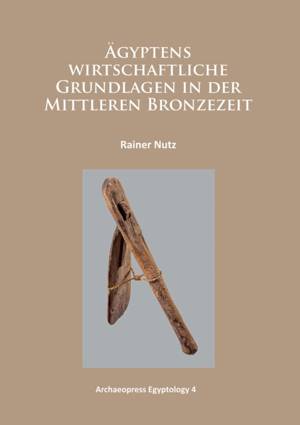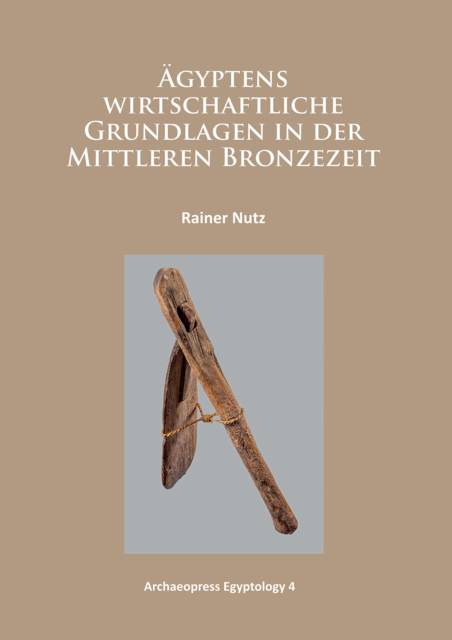
- Afhalen na 1 uur in een winkel met voorraad
- Gratis thuislevering in België vanaf € 30
- Ruim aanbod met 7 miljoen producten
- Afhalen na 1 uur in een winkel met voorraad
- Gratis thuislevering in België vanaf € 30
- Ruim aanbod met 7 miljoen producten
Zoeken
Omschrijving
Economic issues are seemingly neglected topics within Egyptology. This study attempts to highlight selected economic aspects of the first half of the second millennium BC. Economy is embedded in society, but the societal community itself is embedded in its environments: on the one hand the physical-organic locality, including those ecologic restrictions enforced on it, and the relative cultural system on the other. In this work the so-called 'Heqanakht Papyri' are presented as case-studies to combine a more general economic picture with concrete information concerning Heqanakht's household, in an attempt to develop an overall picture of his activities, even if it must remain fragmentary. By doing so, one or more missing tesserae may perhaps be suggested for the fragmentary mosaic that is Egypt in the Middle Bonze Age.
Specificaties
Betrokkenen
- Auteur(s):
- Uitgeverij:
Inhoud
- Aantal bladzijden:
- 187
- Taal:
- Duits
- Reeks:
Eigenschappen
- Productcode (EAN):
- 9781784910303
- Verschijningsdatum:
- 30/11/2014
- Uitvoering:
- Paperback
- Formaat:
- Trade paperback (VS)
- Afmetingen:
- 211 mm x 297 mm
- Gewicht:
- 729 g

Alleen bij Standaard Boekhandel
+ 86 punten op je klantenkaart van Standaard Boekhandel
Beoordelingen
We publiceren alleen reviews die voldoen aan de voorwaarden voor reviews. Bekijk onze voorwaarden voor reviews.







